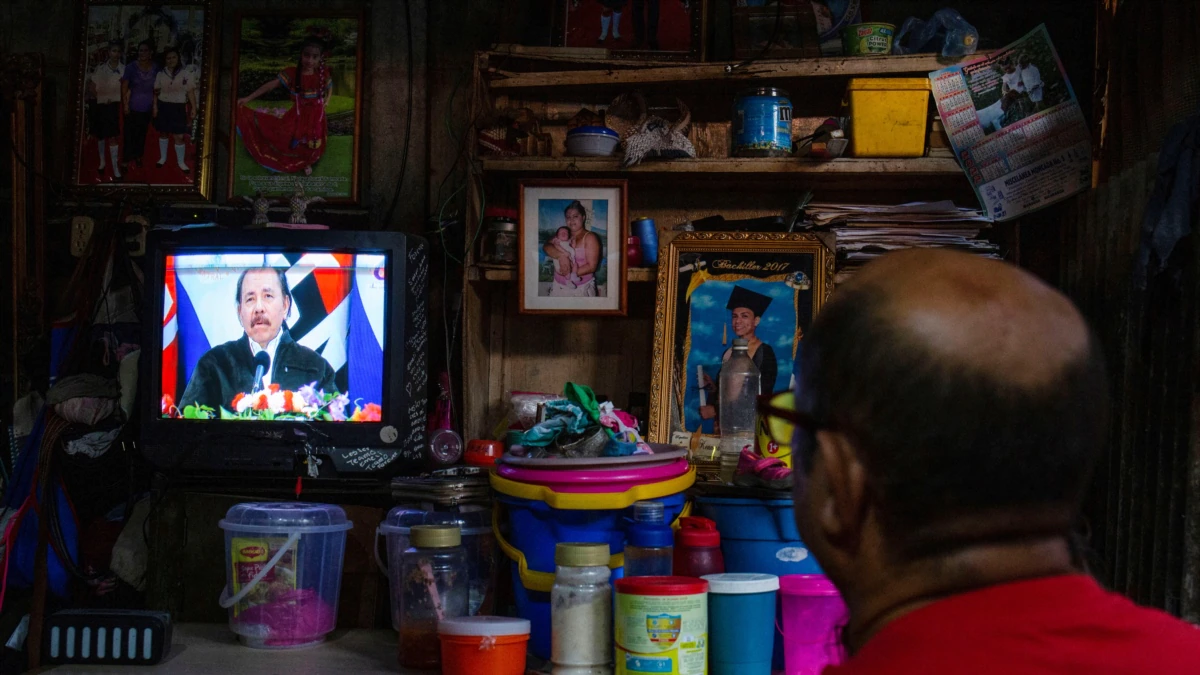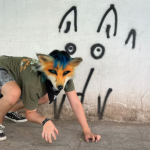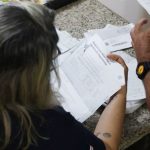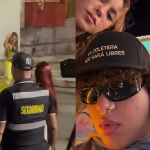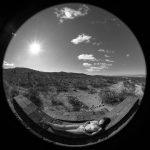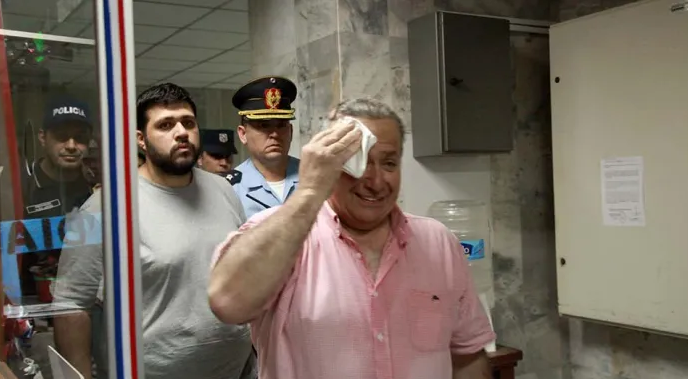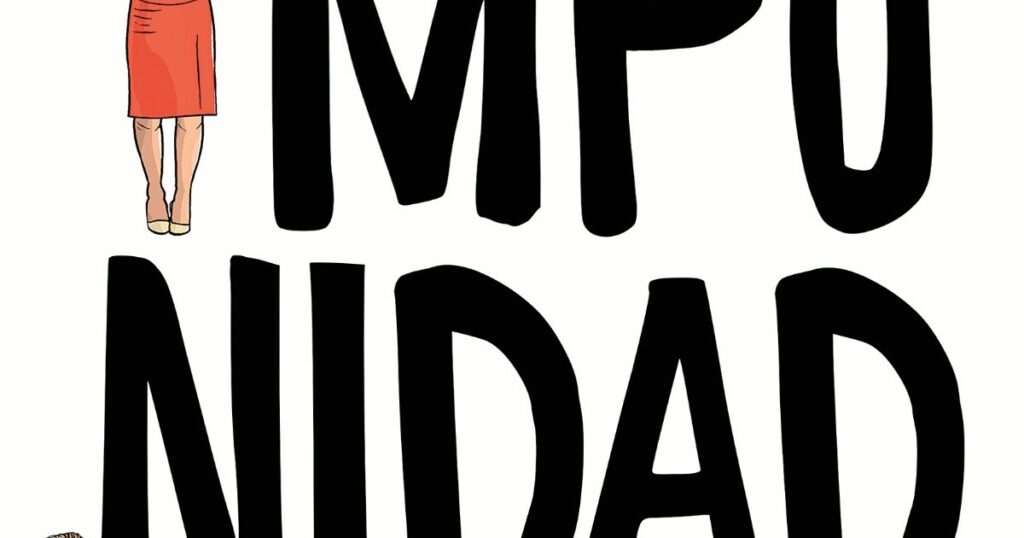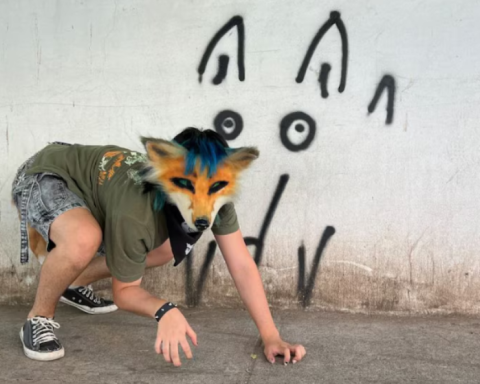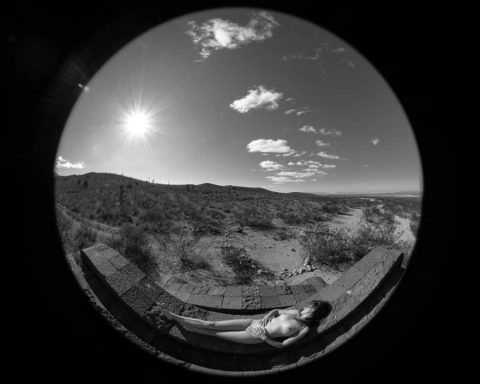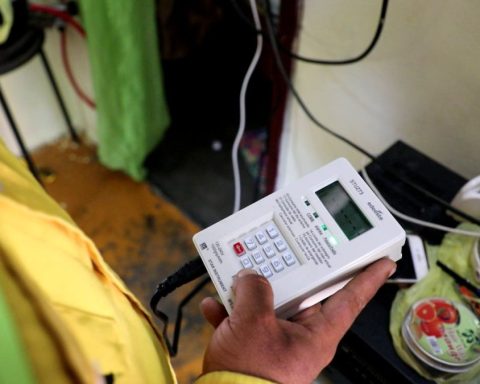In Nicaragua, the signature of the journalists in the articles disappeared a long time ago, just as the few printed newspapers who resisted the return to power of President Daniel Ortega, whom organizations that defend freedom of the press brand as “a predator” for the way in which he has subjugated critical media.
After the persecution that the Ortega government began against dozens of reporters who were summoned to the Prosecutor’s Office for the case of alleged money laundering, many media outlets chose to reinforce their security mechanisms to avoid being imprisoned as happened with the journalists Miguel Mora and Lucía Pineda Ubau in 2018.
And this happened by opting for the anonymity of journalists, who suffer not only because their work is not visible, but because the sources do not want to speak for fear of being imprisoned.
One of the most emblematic cases was the arrest of the former Nicaraguan ambassador to the Organization of American States (OAS) Edgar Parrales, in November 2021.
Parrales appeared in a morning magazine of a national channel where he criticized the Sandinista president for the decision to leave that organization. Hours later he was arrested.
“We are facing a criminalization of the exercise of journalism and freedom of expression. The regime intends to impose censorship and self-censorship, but it is failing. We are continuing to investigate,” he tells the voice of america journalist Carlos Fernando Chamorro, who is in exile in Costa Rica.
Chamorro, to whom Confidential raidedthe media outlet he founded, believes that journalism must still continue to report and do so in a commitment to those who have been detained “illegally by unjust laws that seek to criminalize leaks to journalism.”
Meanwhile, on independent Nicaraguan television, political spaces are becoming more and more closed and they have chosen to seek red notice or national news, says the press officer of a media outlet who prefers not to be quoted.
Of the three independent channels that remain in the country, two face economic pressure, such as channel 12, which has an embargo by the General Directorate of Revenue (DGI); and Channel 10, which is the most watched.
journalists in exile
The journalists who are in exile also continue to report in this way, although with limitations that they affirm are put forward by variants, such as the lack of resources to mobilize or to support a digital project.
Likewise, exiled reporters must resist the personal attacks they often face.
Patricia Orozco, founder of the digital medium own agendawho recently won an international award, comments that there is a challenge to continue practicing journalism, and for women who are “stigmatized” in Nicaragua, it is even more complex.
Through Agenda Propia, it points out that it gives voice to women, who represent almost 40% of attacks on journalists, according to the most recent report by the organization “Independent Journalists and Communicators of Nicaragua,” PCIN.
According to Carlos Jornet, of the Inter-American Press Association (IAPA), Nicaragua has always ranked among the last three countries in the region, along with two others that are by no means a model of press freedom.
“Clearly, one is Cuba, where freedom of the press hasn’t existed for decades, and the other is Venezuela, whose journey was experienced exactly by Nicaragua and in a very short time,” says Jornet.
“We believe that this true triangle of Bermuda where freedom of expression and the press is shipwrecked is being carried to the last consequences. Unfortunately, we would like this to come to an end soon, for there to be a return to the institutional framework, to freedom of expression, ”he adds.
Journalists “are criminals,” says Ortega’s son
Meanwhile, President Ortega continues the attacks against the media. Recently his son, Daniel Edmundo Ortega, who was appointed as representative of the Communication and Citizenship Council, which brings together the state media and those owned by the presidential family, attacked journalists during a virtual meeting organized by the Russian propaganda outlets RT and Sputnik.
Edmundo said that journalists “badly called independent”, according to him “are mercenaries, criminals and traitors to the country, who receive funds from the United States for activities that threaten the security and stability of our countries.”
“In Nicaragua we can mention, for example, that criminal money laundering practices have been evidenced. These criminal practices such as money laundering hide behind what they have wrongly called “independent journalism”, which is “independent” and has absolutely nothing,” said Edmundo in a speech that was harshly criticized by Nicaraguan reporters.
According to independent organizations, in the last 13 years of Daniel Ortega’s government, at least 20 media outlets have gone out of circulation in Nicaragua due to laws, fiscal persecution, economic suffocation, harassment and repression.
Connect with the Voice of America! Subscribe to our channel Youtube and turn on notifications, or follow us on social media: Facebook, Twitter and Instagram.
